I trying to automate to retrieve data from azure SQL database from azure automation run book power shell. I found that the SQL Server module was missing in the modules of azure automation account. I have imported that module. But still that command is not working.
SQL server module has been imported to azure automation run book . I've attached the modules image below.

But when I run the command "Invoke-Sqlcmd" from the azure automation run book test pane it throws the below error.

